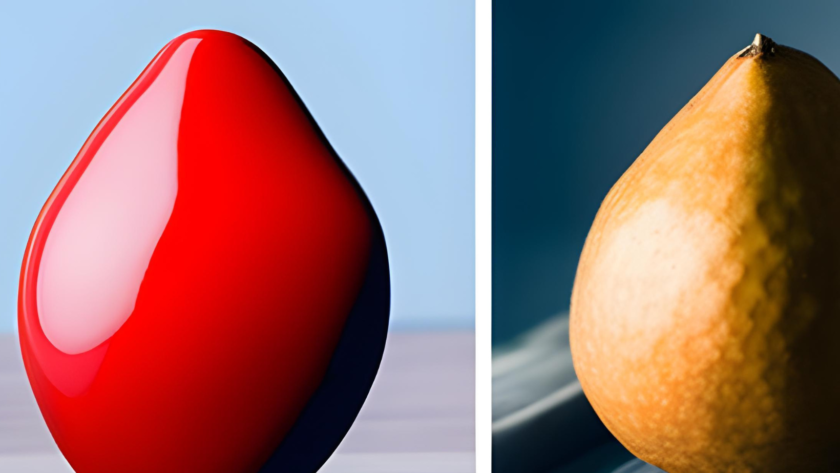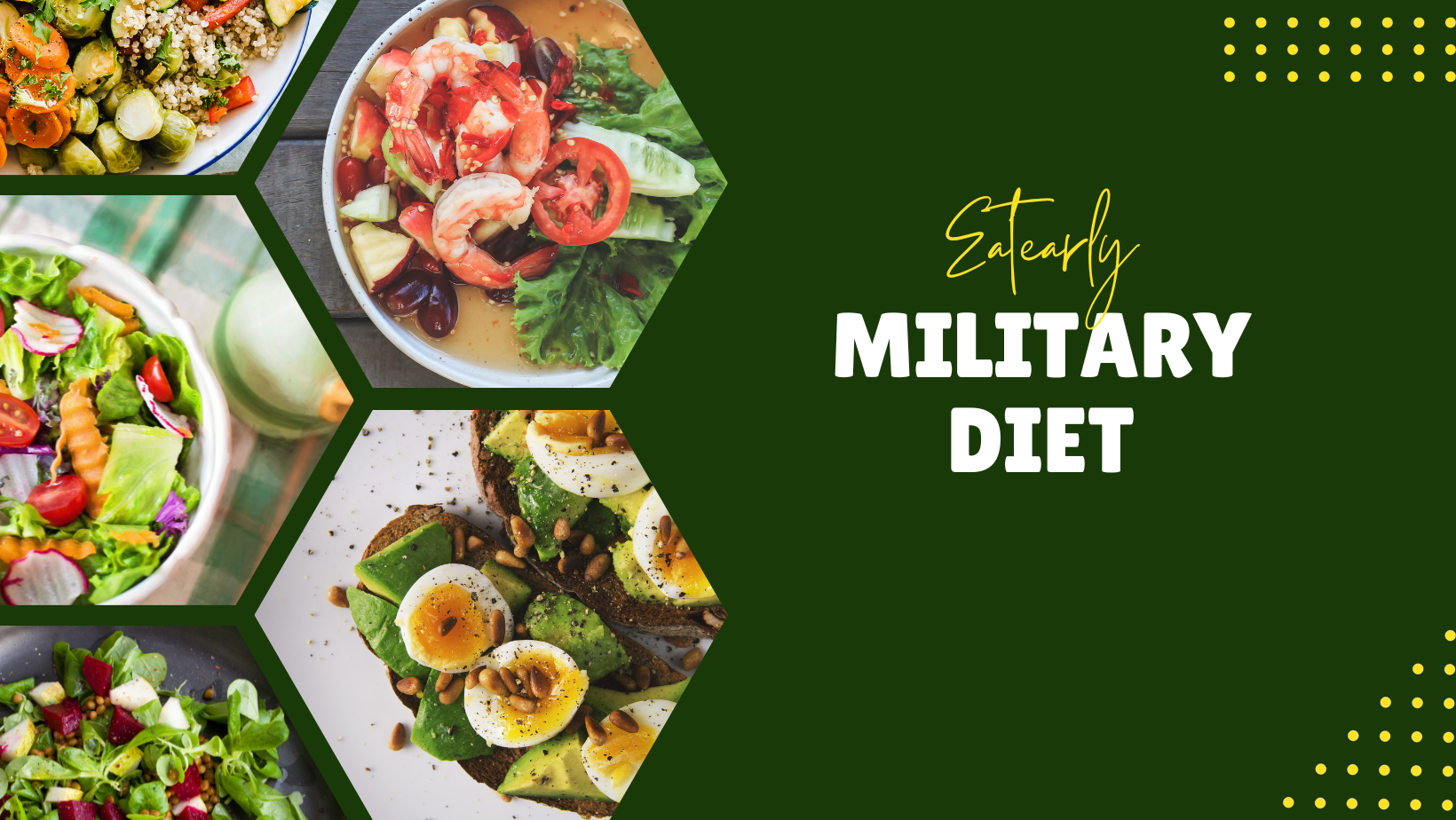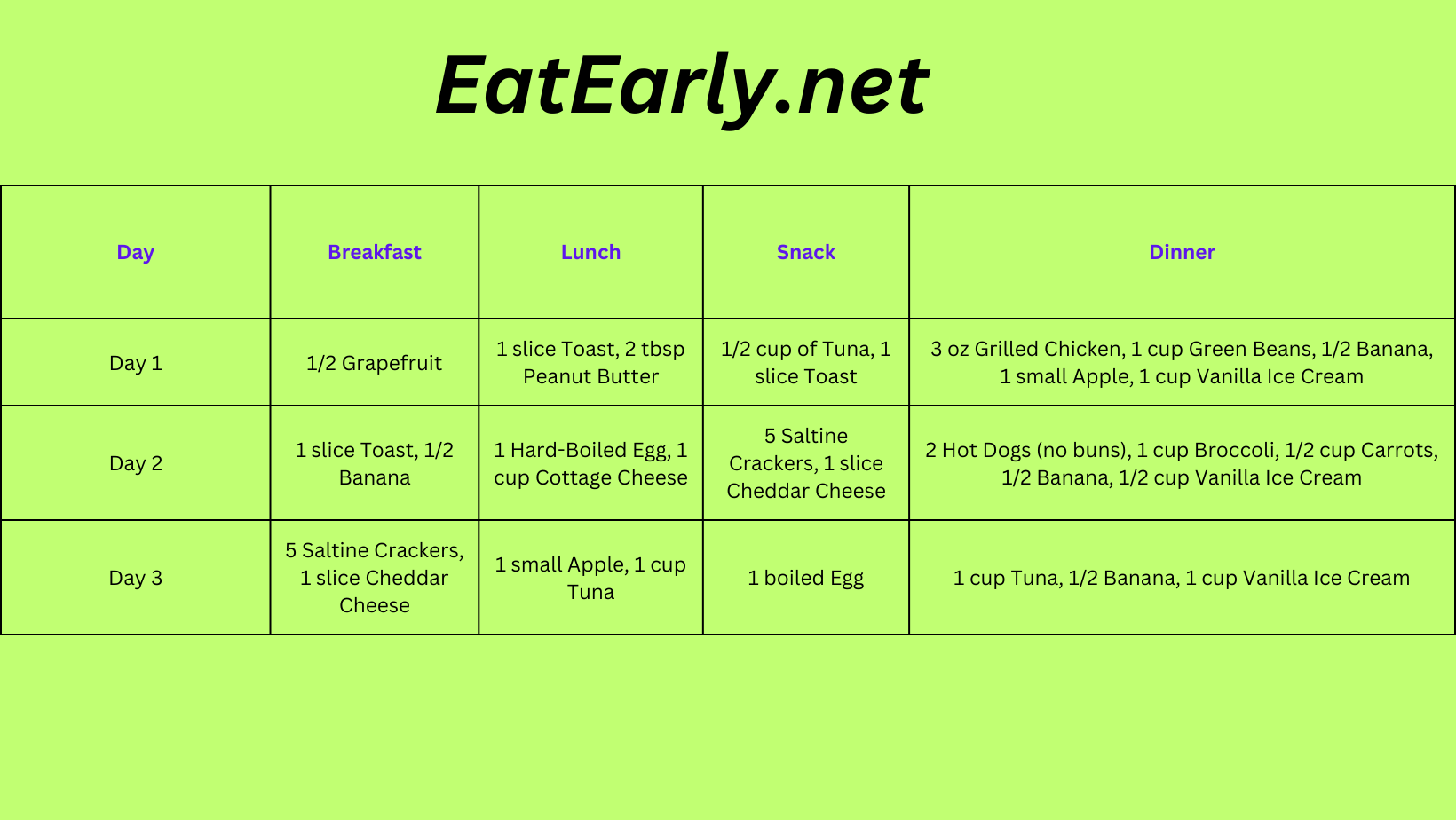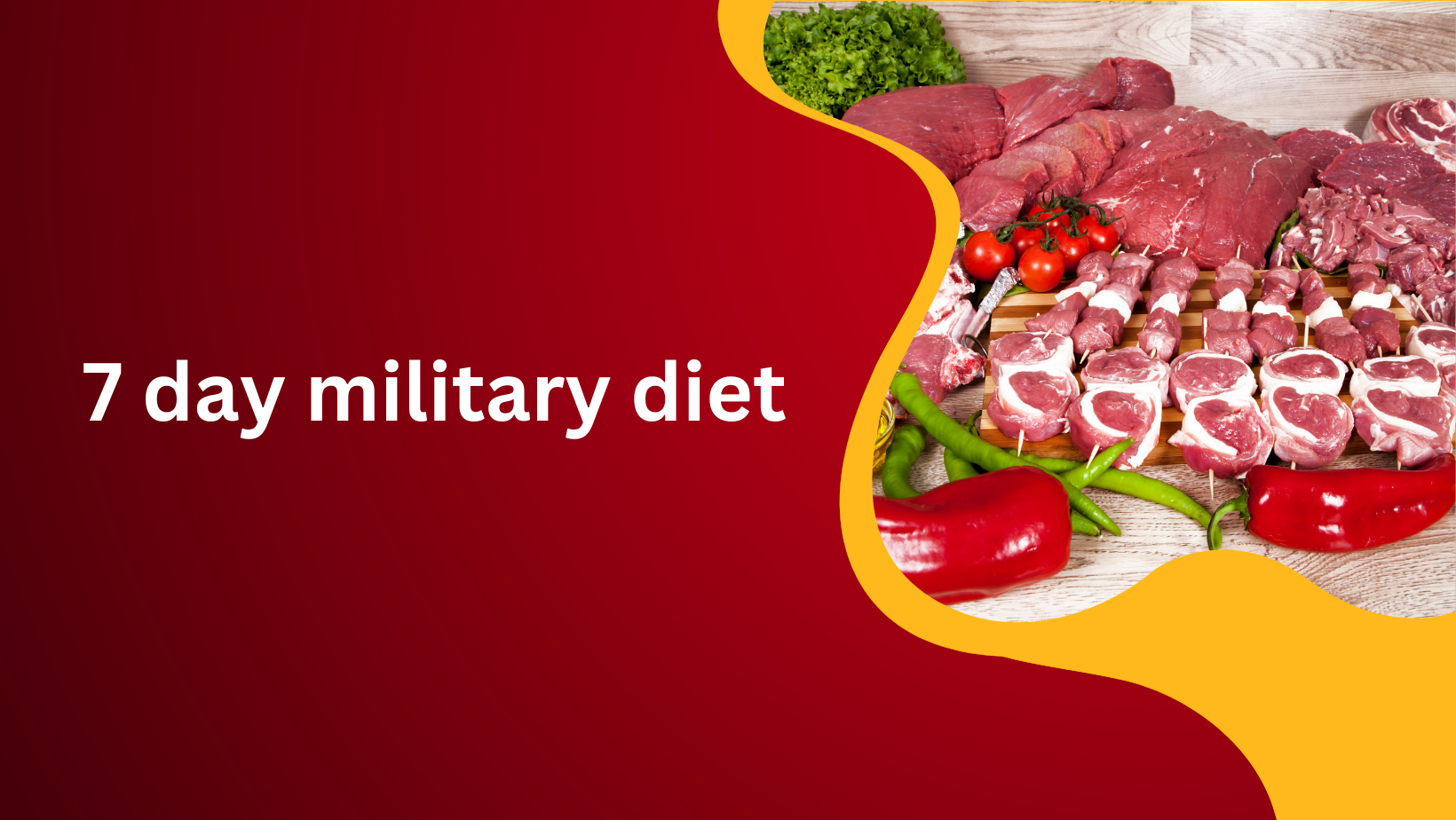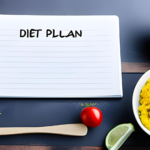Contents
- 1 Overview
- 2 The Fatty Liver Diet: A Brief History
- 3 The fatty Liver Diet Plan Menu
- 4 Importance of Nutrients for Fatty Liver
- 5 Importance of Macro Nutrients for Fatty Liver
- 6 Special Cooking Methods
- 7 Omega 3, Antioxidants and Detoxification
- 8 Minimizing Added Sugars for Liver Support
- 9 The Significance of Hydration in Liver Function
- 10 Understanding the Different Names for Fatty Liver Diet
- 11 Going Green: The Fatty Liver Diet for Vegetarians
- 12 Healthy Eating: The Fatty Liver Diet for Vegans
- 13 The Benefits of Exercise on a Fatty Liver Diet
- 14 Foods to Avoid When on a Fatty Liver Diet
- 15 Healthy Fatty Liver Diet Recipes You Can Try Today
- 16 Unlocking Extra Solutions for Taming Fatty Liver Trouble!
- 17 Controlling Cholesterol and diabetes
- 18 Life Style changes for Fatty Liver control
- 19 Final Thoughts
Overview
Have you ever thought about the relationship between your diet and the overall health of your liver? If not, it’s high time you did! When it comes to maintaining a healthy liver, especially for those suffering from fatty liver disease, diet holds a significant place. But did you know that this concept of a ‘fatty liver diet’ isn’t new? It’s had a fascinating journey, evolving and refining over time.
Let’s dive into the intriguing history of the fatty liver diet, its various names, the different plans based on the number of days, and, most importantly, how it can be adapted to meet vegetarian and vegan dietary preferences.
Get ready for a journey that’s as much about health as it is about culinary exploration. Whether you’re a meat-lover looking to make some changes, a vegetarian, or a vegan, there’s a fatty liver diet plan just for you. So, buckle up because we’re about to embark on an exciting ride!
The Fatty Liver Diet: A Brief History
Did you know that the concept of a ‘Fatty Liver Diet‘ dates back to decades ago? It wasn’t popularised overnight. In fact, this dietary regimen was born out of continuous scientific research and medical findings on liver health. The motive? To help combat the increasingly common issue of Non-Alcoholic Fatty Liver Disease (NAFLD).
Our understanding of the link between diet and liver health has evolved significantly over the years. Initially, it was assumed that a low-fat, high-carb diet was the key to liver health. However, as research advanced, it was discovered that not all fats are harmful, and some are even necessary for liver health.
Fatty liver disease is a condition where there is an accumulation of fat in the liver cells.
In recent years, the focus has shifted towards a balanced diet that limits unhealthy fats, sugars, and alcohol. Foods rich in antioxidants, lean proteins, and fibers are now considered to be the pillars of a healthy liver diet.
It’s fascinating, isn’t it? The concept of the ‘Fatty Liver Diet’ is continuously evolving, adapting to new findings in nutritional science. But remember, it’s not a one-size-fits-all solution. The diet can be tailored to suit varying dietary preferences and health conditions. So, what’s next? Let’s delve deeper into the many facets of this diet.
The fatty Liver Diet Plan Menu
| Meal | Breakfast | Lunch | Snack | Dinner |
|---|---|---|---|---|
| Foods | Scrambled eggs with spinach | Grilled chicken salad with mixed greens | Greek yogurt with berries | Baked salmon with quinoa and broccoli |
| Nutrients | Protein, fiber, healthy fats | Lean protein, fiber, antioxidants | Protein, probiotics, antioxidants | Protein, omega-3s, fiber |
| Notes | Incorporate veggies, avoid excess oil | Load up on leafy greens and lean proteins | Opt for low-sugar Greek yogurt | Choose lean protein and whole grains |
This is just a sample and can be customized based on individual preferences, dietary restrictions, and nutritional needs.
Importance of Nutrients for Fatty Liver
Have you ever heard about the fatty liver diet? It’s a fascinating part of nutritional history that has transformed many lives. The journey of this diet is one filled with innovation, adaptation, and health revolution. So, let’s delve into the intriguing history of the fatty liver diet and its different avatars. You’ll find this story not only captivating but also informative. Ready to embark on this journey of discovery? Let’s begin!
What’s in a name? That’s a question William Shakespeare famously asked. In the case of the fatty liver diet, the answer is quite a lot! Known by various names around the globe, this diet has evolved in a way that it caters to different needs and lifestyles. So, what are these alternative names, you ask? Let’s shed some light on that.
A diet plan is not a one-size-fits-all solution. It varies according to a person’s needs, preferences, and even the duration they can commit. The same is true for the fatty liver diet. It has different versions, each tailored for a specific period. Do you want to detox your liver for a week, a month, or even longer? Do you know about the variants of the fatty liver diet according to the number of days? From a quick 7-day cleanse to a comprehensive 90-day plan, there’s a variant to fit your schedule.
Are you a vegetarian? Or maybe you’re a vegan? Don’t worry, we’ve got you covered. The fatty liver diet is as flexible as it is beneficial. You’ll be pleased to know that there are specific versions of the diet for both vegetarians and vegans. So, what does a fatty liver diet look like for a vegetarian or a vegan? Let’s find out together.
Importance of Macro Nutrients for Fatty Liver
Are you curious about the history of the fatty liver diet? Wondering what other names it goes by, or intrigued by its variants? Maybe you’re a vegetarian or a vegan, asking yourself if there’s a fatty liver diet tailored just for you. If you answered “yes” to any of these questions, then this article is just for you. Let’s explore together, as we delve into the fascinating world of the fatty liver diet.
A Glimpse into History
Historically, the fatty liver diet has been a trusted solution for many who suffer from this condition. The diet’s roots trace back decades, when doctors and nutritionists started paying close attention to the impact of diet on liver health. But how has it evolved over time? And what did the earliest versions of this diet look like? Let’s find out.
Alternative Names
Did you know the fatty liver diet goes by many other names? Yes, indeed! Depending on the context, it can be referred to in several ways. Isn’t it fascinating how a single diet can have so many identities?
Variants of the Fatty Liver Diet
Like many diets, the fatty liver diet isn’t one-size-fits-all. There are different versions based on the number of days. You may wonder, why the variation in days? Well, it’s because each person is unique, and so are their dietary needs.
Fatty Liver Diet for Vegetarians and Vegans
Are you a vegetarian or a vegan worried that the 21 day fatty liver diet plan won’t accommodate your dietary preferences? Fear not! You’ll be pleased to learn that there are versions of the diet specifically designed to meet your needs. Isn’t it great how inclusive the fatty liver diet is?
Special Cooking Methods
Discovering culinary techniques that preserve liver-friendly nutrients is a key aspect of optimizing a fatty liver diet. By understanding how various cooking methods impact nutrient retention, individuals can ensure that their meals retain the vital vitamins and minerals beneficial for liver health. Incorporating methods like steaming, baking, and sautéing with minimal oil helps safeguard the nutritional integrity of the ingredients while supporting overall liver wellness.
Fatty liver disease is commonly associated with obesity, type 2 diabetes, and metabolic syndrome.
Omega 3, Antioxidants and Detoxification
Are you on the hunt for the perfect diet to combat fatty liver disease? Have you ever wondered about the history behind these dietary interventions? In this informative piece, we’ll explore the fascinating world of the Fatty Liver Diet, from its historical origins to its modern-day adaptations.
But first, let’s demystify the fatty liver diet. What is it exactly? Simply put, it’s a balanced and nutritious eating plan specifically designed to reduce the amount of fat in your liver. And though this diet goes by many names, each variant shares the same goal: improving liver health.
“It’s not just a diet, it’s a lifestyle change aimed at fostering better liver health.”
We’ll delve into the different monikers this diet goes by to familiarize yourself with its alternative names. You may be surprised to learn just how many there are!
How long should you stick to this diet, you ask? Well, that depends. There are several variants of the fatty liver diet, each tailored to different time frames. Whether you’re planning for a week-long cleanse or a long-term lifestyle change, we have the details for you.
And don’t worry, we haven’t forgotten about our vegetarian and vegan friends. Your dietary choices should never be a barrier to better health. We’ll provide you with plant-based variants of the fatty liver diet, ensuring you have all the tools you need to embark on this journey.
With curiosity as our compass and health as our goal, let’s journey together into the realm of the fatty liver diet. Ready to take the first step towards a healthier liver? Let’s get started!
Minimizing Added Sugars for Liver Support
Ever wonder about the history of the fatty liver diet? Or perhaps you’ve heard it referred to by another name? Fascinated by the concept but concerned about your vegetarian or vegan lifestyle? Well, you’re in the right place! We’re about to dive into the fascinating world of the fatty liver diet, exploring its history, alternative names, various diet plans, and even providing guidance for our vegetarian and vegan friends.
The Significance of Hydration in Liver Function
What if I told you that the key to managing fatty liver disease lies largely on your plate? Yes, you heard it right! The food you consume plays a major role in controlling this condition. Welcome to the wonderful world of the Fatty Liver Diet. But before we dive into its details, let’s take a quick detour into its past. What’s its history? How has it evolved? And most importantly, who brought it into the limelight? Let’s find out.
Also known as a liver detox or liver cleanse diet, the fatty liver diet has been around for several decades. Its roots can be traced back to the 1930s when scientists first discovered the relationship between diet and liver health. Over the years, the diet has seen several modifications, each with its unique spin on the original concept. But the core idea – of promoting liver health through nutrition – has remained the same.
Have you ever heard of the 7-day fatty liver diet or the 30-day fatty liver diet? Yes, there are also variants of this diet based on the number of days. Intriguing, isn’t it? Now, these aren’t just random numbers picked out of thin air. Each variant is designed with a specific purpose and timeframe in mind. We’ll dive deeper into these variations in a bit.
Hang on! What if you’re a vegetarian or vegan, you ask? Well, there are specially designed fatty liver diets for vegetarians and vegans too. You see, the fatty liver diet isn’t about restricting your food choices. It’s about making healthier ones. So, no matter what your dietary preference, there’s a version of the fatty liver diet that’s just right for you. Excited to discover more? Let’s dive right in!
Understanding the Different Names for Fatty Liver Diet
Do you ever feel confused by the different names for the fatty liver diet? Don’t worry, you’re not alone. It’s quite common to see a variety of terms being used to describe this diet, and they all essentially refer to the same thing.
The Fatty Liver Diet, as it is commonly known, can also go by other names like:
The NAFLD Diet
- This stands for Non-Alcoholic Fatty Liver Disease Diet, referring to the type of liver disease the diet aims to manage.
The Liver Cleansing Diet
- This name emphasizes the diet’s goal of cleansing the liver of excess fat and toxins.
The Liver Detox Diet
- Similar to the Liver Cleansing Diet, this name indicates the detoxification role the diet plays.
So, whether you see it being referred to as the Fatty Liver Diet, NAFLD Diet, Liver Cleansing Diet, or Liver Detox Diet, remember that they all aim to do the same thing: help your liver get back to its healthier state by reducing its fat content and eliminating toxins.
Isn’t it reassuring to know that no matter what it’s called, the main goal is to better your liver health? So, the next time you see one of these names, don’t get overwhelmed, understand that they are all paths leading to the same destination – a healthier liver!
Going Green: The Fatty Liver Diet for Vegetarians
Are you a vegetarian wondering how to navigate a fatty liver diet? Well, you’re in luck! There are plenty of plant-based options that can help you maintain a healthy liver while still adhering to your dietary preferences.
First, let’s understand the basics. A fatty liver diet primarily involves reducing your intake of unhealthy fats and sugars while increasing fiber and protein. As a vegetarian, there are numerous ways to achieve this balance.
- Legumes: Beans, lentils, and peas are rich in fiber and protein – two essential elements of a fatty liver diet. They also help keep you full, reducing the likelihood of overeating.
- Whole grains: Foods like brown rice, oatmeal, quinoa, and whole wheat bread are excellent sources of complex carbohydrates that provide sustained energy and help your liver function properly.
- Nuts and seeds: Almonds, walnuts, flaxseeds, and chia seeds are packed with healthy fats that can help reduce inflammation in the liver. Remember, moderation is key as they are high in calories.
- Fruits and vegetables: These are essential for any diet, and particularly for a fatty liver diet. They are rich in antioxidants that can help protect your liver from damage. Go for a variety of colors to get a wide range of nutrients.
Remember, it’s not just about what you eat, but also about what you should avoid. Try to limit your intake of processed foods, sodas, and alcohol, which can contribute to liver fat accumulation.
Above all, it’s about balance. You’re not expected to be perfect, but making consistent, healthy choices can go a long way in promoting liver health. It’s your journey, so make it work for you!
Healthy Eating: The Fatty Liver Diet for Vegans
Embracing the vegan lifestyle and dealing with a fatty liver can seem like a challenging combo, can’t it? But guess what? It’s entirely possible to combat a fatty liver while sticking to your vegan principles. So, let’s get right into it.
Food Choices for a Vegan Fatty Liver Diet
The key to managing a fatty liver as a vegan is to focus on foods that are naturally low in unhealthy fats and high in fiber. So, what are some of the food items you can embrace?
- Whole Grains: Whole grains like brown rice, oatmeal, and whole wheat bread are excellent sources of complex carbohydrates and fiber that help regulate the liver’s metabolic processes.
- Legumes: Beans, lentils, and other legumes provide a hefty dose of protein without the saturated fats found in animal products.
- Fruits and Vegetables: Fruits and vegetables are packed with antioxidants that support liver health. Go for a variety of colors to ensure you’re getting a broad spectrum of nutrients.
What to Avoid in a Vegan Fatty Liver Diet
Now, you might be wondering, “What foods should I avoid?” The answer is pretty straightforward.
- Sugary Foods: Foods high in sugar, such as soda, candy, and baked goods, can cause your liver to build up fat.
- Refined Grains: Refined grains like white bread, pasta, and rice lack the fiber needed for a healthy liver.
- High-Fat Foods: Even vegan foods can be high in unhealthy fats. Avoid things like fried foods, vegan junk food, and excessive amounts of coconut oil.
Sample Vegan Fatty Liver Diet
Wondering how to put these guidelines into practice? Here’s a simple, day-long meal plan to get you started.
| Meal | Food |
|---|---|
| Breakfast: | Oatmeal with fresh berries and a sprinkling of flax seeds |
| Lunch: | Quinoa salad with mixed veggies, beans, and a drizzle of olive oil |
| Dinner: | Grilled tofu with a side of steamed broccoli and brown rice |
Remember, managing a fatty liver is all about maintaining a healthy, balanced diet. It might take some time to adjust, but with patience and perseverance, you can do it!
The Benefits of Exercise on a Fatty Liver Diet
Have you ever wondered about the impact of exercise on a fatty liver diet? Well, it’s quite significant, and for good reason. Regular physical activity is a crucial component of any healthy lifestyle and works in tandem with dietary changes to combat fatty liver disease. Let’s dive into the benefits, shall we?
The Fat-Burning Formula
When you exercise, your body burns fat, which is precisely what you want when dealing with fatty liver disease. The condition is characterized by excessive fat buildup in your liver, so any measure that reduces fat—like exercise—is a step in the right direction. Isn’t it incredible how our bodies work?
Improving Insulin Sensitivity
Did you know that exercise can help improve insulin sensitivity? This is crucial as insulin resistance is often a precursor to fatty liver disease. By regular exercising, you can keep your insulin levels in check, reducing your risk of developing the condition. It’s like hitting two birds with one stone, isn’t it?
Enhancing Liver Function
Exercise also helps enhance liver function. This is particularly vital when you’re on a fatty liver diet as it aids in the processing and removal of fats and toxins, promoting overall liver health. So, not only does exercise benefit your overall health, but it also targets exactly where you need it!
You Don’t Have to Go Big
Now, you might be thinking, “Do I need to start running marathons?” Absolutely not! Moderate activities like brisk walking, swimming, or even dancing can do the trick. The key is consistency. Can you commit to making exercise a regular part of your routine?
In conclusion, combining regular exercise with a fatty liver diet can significantly enhance your health and well-being. So, why not start today? Your liver will thank you!
Foods to Avoid When on a Fatty Liver Diet
Do you know what’s just as important as knowing what to eat on a fatty liver diet? Knowing what to avoid! Fatty liver disease is a condition that can be managed effectively with dietary changes, but it’s key that you steer clear of foods that can exacerbate the condition. Let’s dive into it.
Processed Foods
Processed foods are a big no-no. You might be wondering why? Well, they’re often high in unhealthy fats, sugars, and sodium, all of which can stress your liver. These include: fast food, fried snacks, sugary cereals, cookies, cakes, soda drinks, and candies. So, your best bet is to stick with fresh, unprocessed foods that provide clean nutrition for your liver.
Healthy Fatty Liver Diet Recipes You Can Try Today
So, you’re looking to improve your liver health with some scrumptious and nutrient-rich recipes? Excellent! Here, we’ll explore some of the most effective and tasty meal options that align perfectly with the fatty liver diet. These recipes are designed to support liver health and are packed with liver-friendly ingredients. Let’s dive in, shall we?
1. Quinoa and Vegetable Stir-Fry
A dish full of liver-friendly foods like fresh vegetables and quinoa, this stir-fry is not only easy to prepare but also incredibly tasty. Quinoa, rich in essential amino acids, is a wonderful addition to a fatty liver diet.
2. Baked Salmon with Dill Sauce
Salmon is an excellent source of omega-3 fatty acids, which are beneficial for liver health. Paired with a tangy dill sauce, it’s a delightful recipe that is both nutritious and satisfying.
3. Sweet Potato and Spinach Curry
This vegetarian-friendly curry combines sweet potatoes and spinach, both rich in antioxidants and fiber, making it a great choice for a fatty liver diet. The taste is so fantastic, you’ll forget you’re eating something healthy!
4. Vegan Lentil Soup
For our vegan friends, this hearty lentil soup is a winner. Protein-rich lentils, combined with a variety of veggies, make this soup not only filling but also extremely beneficial for your liver health.
Remember, preparing delicious meals doesn’t mean having to compromise your health. With the right ingredients and preparations, meals can be both flavorful and liver-friendly. Bon appétit!
Unlocking Extra Solutions for Taming Fatty Liver Trouble!
So, you’re wondering, “Is diet control the only way to treat fatty liver disease?” Well, it’s time to dispel that misconception. While diet control is a crucial approach, there are other ways to manage and treat this condition. Let’s delve into some of these additional measures, shall we?
- Exercise: Regular physical activity is not just good for overall health but specifically beneficial for liver health too. Engaging in regular exercise helps in burning triglycerides for fuel and can also reduce liver fat.
- Weight Loss: If you’re overweight or obese, losing weight can also decrease liver fat. A loss of 5% to 10% of your total weight can bring significant improvement to the liver.
- Alcohol and Drug Avoidance: Excessive consumption of alcohol and certain medications can worsen liver disease. It’s best to avoid alcohol or consult your doctor to understand potential medication risks.
A healthy outside starts from the inside.
– Robert Urich
“Remember, treating fatty liver disease isn’t just about diet control. It’s about adopting a comprehensive, healthier lifestyle.”
Don’t panic if you’re diagnosed with fatty liver disease. It’s a condition that can be managed, even reversed, with the right lifestyle choices. So, are you ready to tackle this head-on and live a healthier, fuller life?
Controlling Cholesterol and diabetes
Has it ever crossed your mind that controlling cholesterol and diabetes could aid in managing fatty liver disease? It surely is an effective way! It’s all about maintaining a balanced diet that promotes overall health, including your liver’s.
So, how does this work?
High cholesterol levels and diabetes can exacerbate the condition of fatty liver disease. Therefore, it’s crucial to keep these under control in order to protect your liver. Let’s delve into how controlling these factors can help:
- Reducing cholesterol: High cholesterol contributes to the accumulation of fat in the liver. You can reduce your cholesterol levels by consuming a diet rich in soluble fiber, omega-3 fatty acids, and lean proteins.
- Managing diabetes: Uncontrolled diabetes can lead to non-alcoholic fatty liver disease. Keeping your blood sugar levels in check is crucial, and a diet rich in whole grains, fruits, and vegetables can help.
“A healthy diet not only helps to control cholesterol and diabetes, but it also improves liver function and aids in managing fatty liver disease.”
So, are you ready to take control? Let’s look at some examples of cholesterol and diabetes-friendly foods that are also beneficial for your liver:
| Food | Benefits |
|---|---|
| Avocados | Rich in healthy fats and fiber, helps lower bad cholesterol. |
| Blueberries | Packed with antioxidants and fiber, helps to regulate blood sugar levels. |
| Fatty Fish | Rich in omega-3 fatty acids, helps reduce inflammation and lower cholesterol. |
| Oatmeal | High in soluble fiber, helps control blood sugar and lower cholesterol. |
Remember, it’s not just about a particular diet but a lifestyle change for the betterment of your health. The journey towards a healthier you starts with the first step, so why not start today?
Life Style changes for Fatty Liver control
Living with fatty liver disease doesn’t necessarily mean you’re confined to a life of bland and unappetizing food. In fact, it’s quite the opposite! You might be surprised to learn that a few simple lifestyle changes can go a long way in managing this condition. Let’s delve a bit deeper to discover what these changes are, shall we?
Dietary Changes
The first and foremost approach towards managing fatty liver disease is tweaking your diet. This doesn’t mean you have to sacrifice flavor, though! It’s all about balance and making healthier choices.
- Reduce Sugar Intake: Foods and drinks high in sugary content can cause fat to build up in the liver. Reducing your sugar intake can help prevent this.
- Opt for Healthy Fats: Not all fats are bad. Healthy fats such as those found in fish, nuts, and avocados can actually be beneficial for your liver health.
- More Fruits and Vegetables: These are high in vitamins and minerals, which can help prevent damage to your liver and keep it healthy.
- Control Portion Sizes: Eating smaller, more frequent meals can help your liver process food more efficiently.
Physical Activity
Besides dietary changes, regular physical activity can also help control fatty liver disease. This doesn’t necessarily mean you have to become a gym rat – even a brisk walk or a daily jog can make a significant difference.
Remember, the goal is to maintain a healthy weight. Excess body fat can lead to fatty liver disease, so losing weight if you are overweight can help prevent and manage this condition.
Limit Alcohol
Alcohol can cause a variety of liver diseases, including fatty liver. Therefore, limiting or completely refraining from alcohol can significantly reduce the risk of developing fatty liver disease.
Avoid Unnecessary Medication
Some medications can harm your liver if taken unnecessarily or in large amounts. Always consult with your healthcare provider before starting any new medications, even if they’re over-the-counter.
By embracing these lifestyle changes, you can take control of your fatty liver disease and improve your overall health. It’s never too late to start living a healthier life!
Final Thoughts
There’s no magic potion or overnight cure for fatty liver disease, but the good news is that it’s never too late to start adopting healthier habits. Remember, the journey to better health is a marathon, not a sprint. So, let’s recap what we’ve covered about the fatty liver diet:
- The history: While fatty liver diets have been around for some time, they’ve gained popularity in recent years due to increased awareness about liver health. The focus is on cutting out processed foods, sugars, and unhealthy fats, while increasing the intake of fresh fruits, vegetables, lean proteins, and healthy fats.
- Alternative names: Depending on the source, you might see this diet referred to as the “NAFLD diet”, “Liver Cleanse diet”, or even “Liver health diet.”
- Variants: The duration of the diet can vary. Some people may follow a 7-day plan, others might do a 14-day or 30-day cleanse. Ultimately, the goal should be to incorporate these healthier eating habits into your day-to-day life.
- Vegetarian and vegan options: Absolutely! A plant-based diet is actually beneficial for liver health. Just ensure you’re getting enough protein from non-animal sources.
One thing to keep in mind is that while diet plays a huge role in managing and reversing fatty liver disease, other lifestyle changes such as regular exercise and reducing alcohol consumption are equally important.
Now that you’re equipped with this knowledge, it’s time to take that first step towards a healthier liver. Remember, small changes can make a big difference. You’ve got this!
